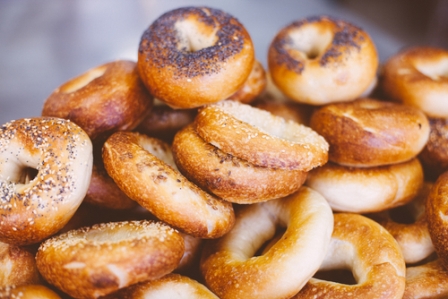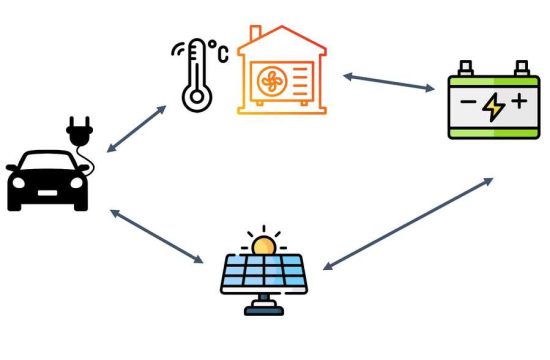 A new study from the University of Texas MD Anderson Cancer Center found eating foods with a high glycemic index could put people at a significantly higher risk for developing lung cancer, even if they have never smoked a cigarette.
A new study from the University of Texas MD Anderson Cancer Center found eating foods with a high glycemic index could put people at a significantly higher risk for developing lung cancer, even if they have never smoked a cigarette.
The study, published in Cancer Epidemiology, Biomarkers & Prevention, is the first to investigate a link between glycemic index (GI), which is a measure of the quality of dietary carbohydrates, and lung cancer. GI classifies how quickly carbohydrates raise blood sugar levels, and foods high in GI, such as white bread, bagels, or corn flakes, produce higher levels of blood glucose and insulin.
For the study, researchers led by Xifeng Wu, M.D., Ph.D., professor of Epidemiology, surveyed 1,905 patients who were recently diagnosed with lung cancer and compared them to 2,413 healthy individuals. The participants reported dietary habits, smoking, and income among other factors.
The individuals were divided into five groups based on their GI and glycemic load (GL) – a related measure of carbohydrate quantity.
“We observed a 49 percent increased risk of lung cancer among subjects with the highest daily GI compared those with the lowest daily GI,” Wu said in a prepared statement. “The associations were more pronounced among subjects who were never smokers, diagnosed with squamous cell carcinoma or had less than 12 years of education.
[pullquote]Among non-smokers, those with the highest GI diets were more than twice as likely to have lung cancer as those with the lowest GI diets.[/pullquote]
Among non-smokers, those with the highest GI diets were more than twice as likely to have lung cancer as those with the lowest GI diets. For smokers, the difference was increased by 31 percent between the two groups.
Interestingly there was no link between GL and lung cancer risk, which suggests that it’s the quality, not quantity of carbohydrates that has the biggest impact on lung cancer risk, Wu said.
Wu also said that the study suggests in addition to healthy lifestyle choices, avoiding consumption of food and beverages that have a high glycemic index may help reduce the risk of lung cancer. Lung cancer is the second leading cause of death from cancer, with 150,000 deaths expected in 2016, according to the American Cancer Society. Tobacco is the leading cause of lung cancer, but does not account for all cases.
Foods with a low GI include, whole-wheat bread, rolled or steel-cut oatmeal, most fruits, and pasta.
Some limitations of the study, include self-reporting of dietary habits and the cohort being limited to non-Hispanic whites. The study was also retrospective and did not account for diabetes, hypertension or heart disease in participants.
According to the researchers more work is needed in prospective cohort studies in other ethnic groups in order to validate the association found by this study. Researchers would also like to study the underlying mechanisms of GI’s potential influence on the risk of cancer.








